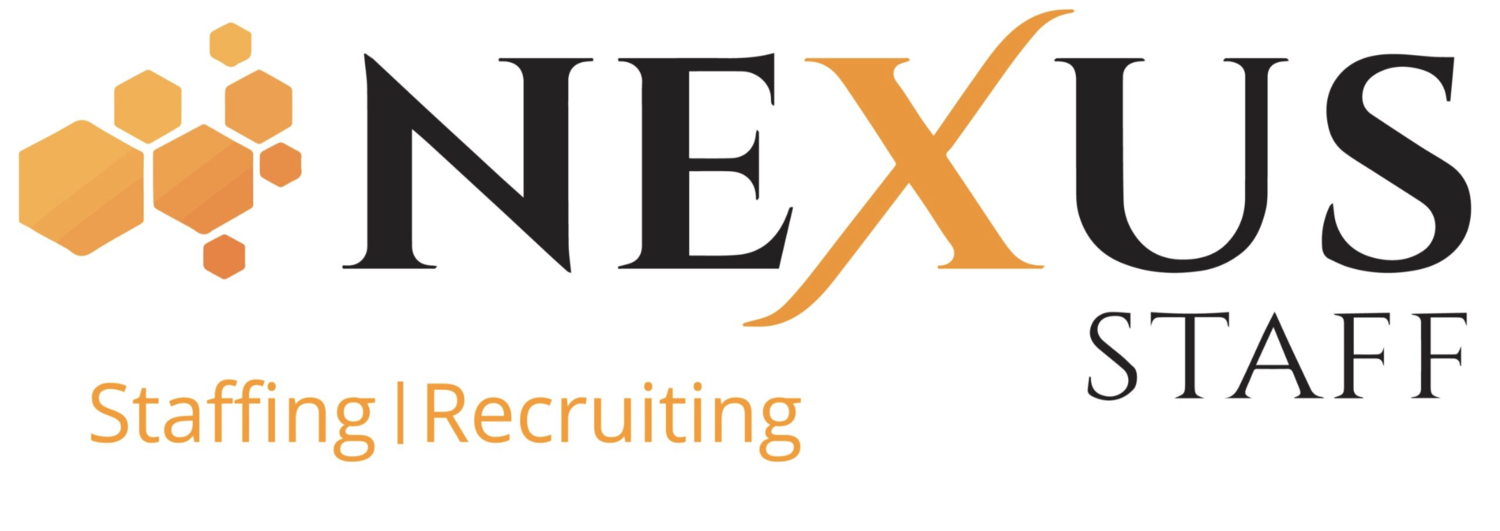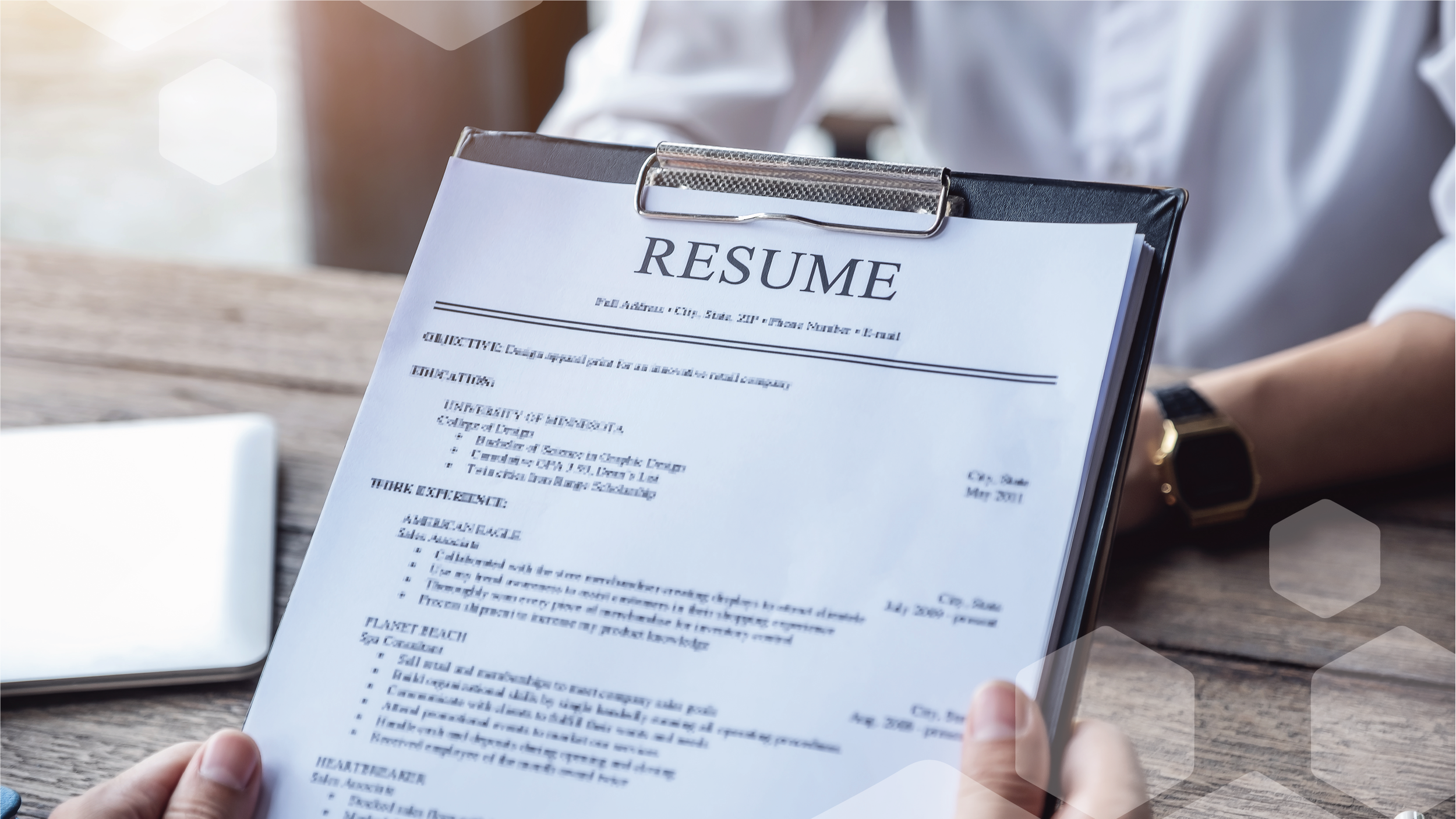Eight Common Interview Mistakes And How To Avoid Them
Applying to multiple jobs and keeping track of each interview can be challenging. That’s why planning ahead is crucial. Preparing for each interview and knowing what not to do can help you focus on what really matters -- showing the interviewer why you would make a great fit for the role in question. From arriving on time to following up after the interview and everything in between, check out our tips below on how to avoid the most commonly made interview mistakes.
Arriving late or too early
An interview begins the moment you walk through the door of your assigned meeting place -- not just when you sit down with the interviewer. This means when you arrive matters. Showing up to an interview late can suggest you have poor time management and organizational skills or that your interview is not a top priority. On the other hand, arriving too early can throw your interviewer off and pressure them into interviewing you before they’re ready.
The sweet spot for arriving at your interview is about 5-10 minutes before your scheduled time. This shows you are punctual and ready, but not eager to get the interview over with. In the event that you overplan and arrive at your interview spot too early, try waiting in your car or at a coffee shop down the street before entering the building. This way you have time to prepare any last minute questions or review your hiring materials without disturbing anyone else in the process.
Speaking negatively about previous employers
Speaking negatively about your previous employers can say more about you than it does about them. While it’s possible that certain questions about your past experiences can trigger unwanted memories and bring up negative feelings, those instances don’t need to be discussed in an interview.
Instead, try to turn any negative experience into a positive one. If you do need to mention a negative quality about a previous co-worker, manager, or company, explain how this helped you in the long run and what you learned from the experience. Never mention names or the specific company you’re referring to.
Being unsure of your own resume
Your resume is your first chance to make an impression on an employer. It gives a basic outline of your past experiences and accomplishments and lists your qualifications. Not being familiar with these aspects can be a huge red flag and suggest you’re either using a generic resume without actually looking it over, using an outdated version of your resume, or even that you lied on your hiring materials.
To prevent this, make sure the resume you’re using to apply to jobs is up-to-date and features relevant information for the job you’re applying to. Know which version of your resume you used for the job you're interviewing for and be prepared to give a brief overview of your past experiences or answer any questions that could come up about each role.
Not doing prior research on the company
Jumping into an interview without doing research on the company can imply you’re not actually ready for the interview -- especially if the interviewer is bringing up questions or topics you’re unfamiliar with. It can also imply you did not properly schedule enough time to plan for the interview or that you’re not that interested in the role.
To prevent this, read through the company’s website -- especially their “about us” page, mission statement, and portfolio if possible. Find out more about their reputation or company culture from their social media pages or even recent news stories. Mentioning small details about current events or brand-specific updates can show you’re already interested in learning more about the company.
Not being able to answer basic interview questions
There are some interview questions that you can’t prepare for -- whether it’s specific scenario questions or follow-up questions to previous answers, it’s okay to take a moment to reflect on any questions that catch you off guard. However, in any interview, there are also going to be basic questions that give the interviewer a feel for who you are and what your work ethic is like. These are the questions you do not want to hesitate to answer -- the “Why do you want to work here?” and “Where do you see yourself five years from now?” questions that are relevant in any field or company.
To prepare for these general questions, research specific questions for the job title you are applying for or common questions that the company asks in general. Read through previously asked questions and reviews on the company’s Glassdoor profile to see what other interviewees are saying about the questions asked. Rehearse your answers to these questions ahead of time but be able to throw in specifics when needed.
Using cliche answers
Preparing for basic interview questions and rehearsing your answers as described above doesn’t mean just taking other peoples’ answers and trying to pass them off as your own. Remember that there are certain questions that can’t be answered by other people. For example, your own strengths and weaknesses aren’t going to be found on an internet forum -- they have to be what you have discovered about yourself from your own experiences.
Instead of using generic phrases you think an interviewer wants to hear, really think about the question at hand. Turn your answer into a detailed explanation by using specific examples that show you’re speaking from experience.
Having no questions for the interviewer
After answering multiple questions about yourself, your accomplishments, and skills, the end of an interview is your opportunity to ask the interviewer any questions of your own. Whether it’s asking specific questions about the job listing or general questions about the company, remember that an interview is a two-way street. While the interviewer is trying to decide if you will be a good fit for the company, you’re also deciding if the company will be a good fit for you.
Asking questions will show you’re interested in learning more about your potential employer and the role itself. Take a look at our 7 Best Questions To Ask An Interviewer for a full list of questions to ask or try mentioning something specific that you discussed during the interview that you would like more clarification on.
Not following up after the interview
Not following up after you’ve completed an interview might give the interviewer the impression that you’re no longer interested in the role. Following up after an interview can set you apart from the competition and show your appreciation for the interviewer taking the time to speak with you.
Avoiding this common mistake is as common as sending a simple thank-you email after your interview. Mention a specific topic you discussed to show you were playing close attention to them or something that you’re excited to learn more about.
If you’re feeling overwhelmed with the interview process, you’re not alone. Luckily, our team of experienced recruiters is here to help guide you. Contact Nexus today to learn more and get started on finding your next role.






